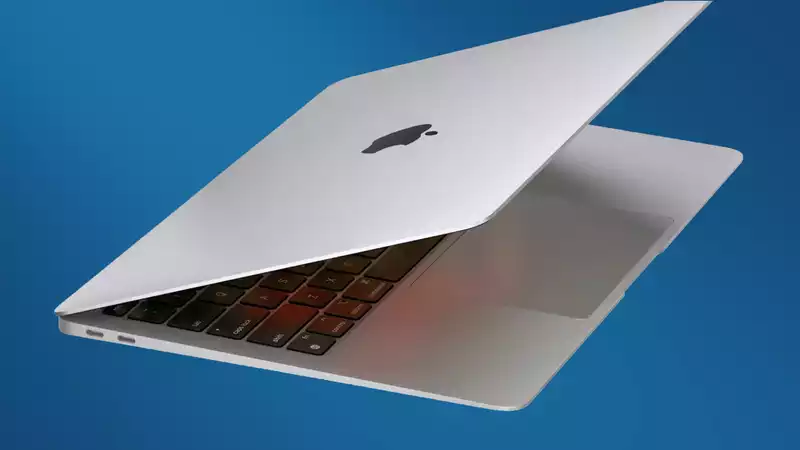Powered by Apple's M1 chip, the new MacBook Air looks like the ideal ultra-portable laptop, promising blazing performance that's 98% faster than Windows laptops and class-leading battery life (up to 17 hours). And while the design looks the same this time around, there are a few other notable upgrades.
For example, the 5nm M1 processor is so efficient that Apple was able to remove the fan from the MacBook Air. This allows the system to run quieter. Also, thanks to the M1 chip and macOS Big Sur, the new Air wakes up instantly from sleep. There is just one problem.
Opening the laptop and it turns on as quickly as a refrigerator light is great, but you still have to log in; you could use the Touch ID sensor to unlock the new Air, but there had to be a better way.
Unfortunately, the new MacBook Air doesn't have the killer feature that should be taken away from the iPhone 12, the TrueDepth sensor; if you could just open the Air's lid and the camera would immediately recognize you, it would be much faster to start working. You would just stare straight ahead and get to work.
Many of the better Windows-based laptops, such as the Dell XPS 13, support Windows Hello with an infrared camera and can automatically log you in via facial recognition, but it is not as secure as Face ID on the iPhone or iPad Pro. Face ID uses a 3D map of the face, making it very difficult to fool.
Some Windows laptops go further. The Dell Latitude 9410 uses something called Express Log-in, which uses a proximity sensor to log you in when you are near the laptop and automatically logs you out when you leave.
The MacBook Air's camera was not upgraded. The resolution remains 720 (where is 1080p?), but the image quality should be improved.
Thanks to the Image Signal Processor (ISP) in the M1 chip, you will notice improved visuals when making video calls. Noise reduction is improved, dynamic range is increased, and auto white balance is supported.
Unfortunately, this face detection feature does not extend to logging into the system.










Comments